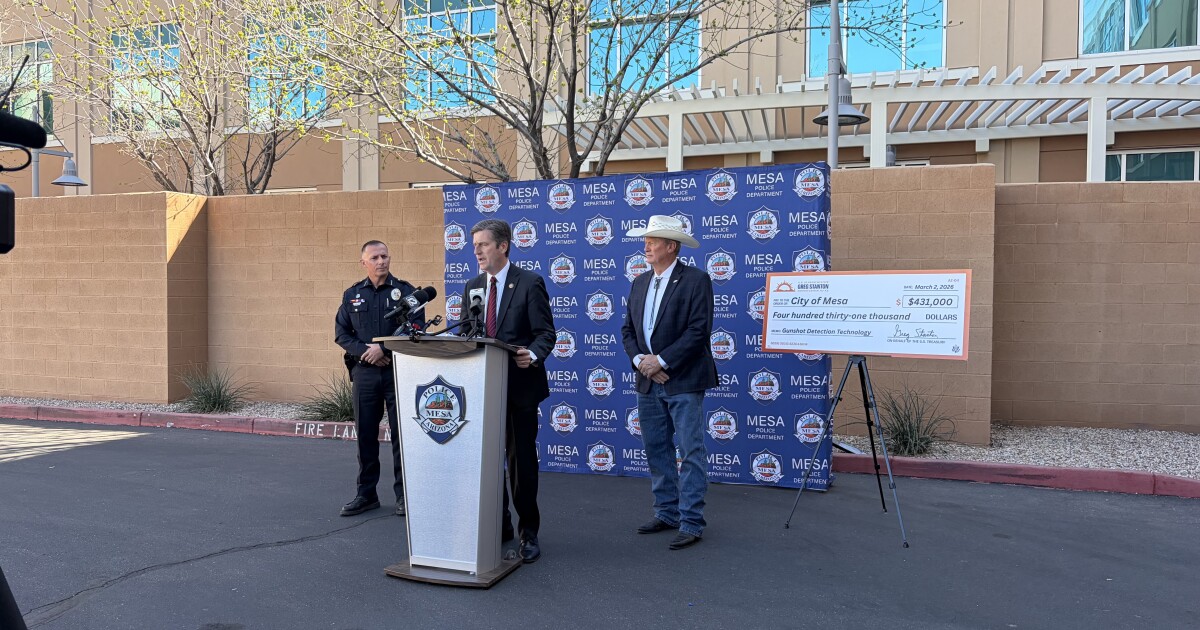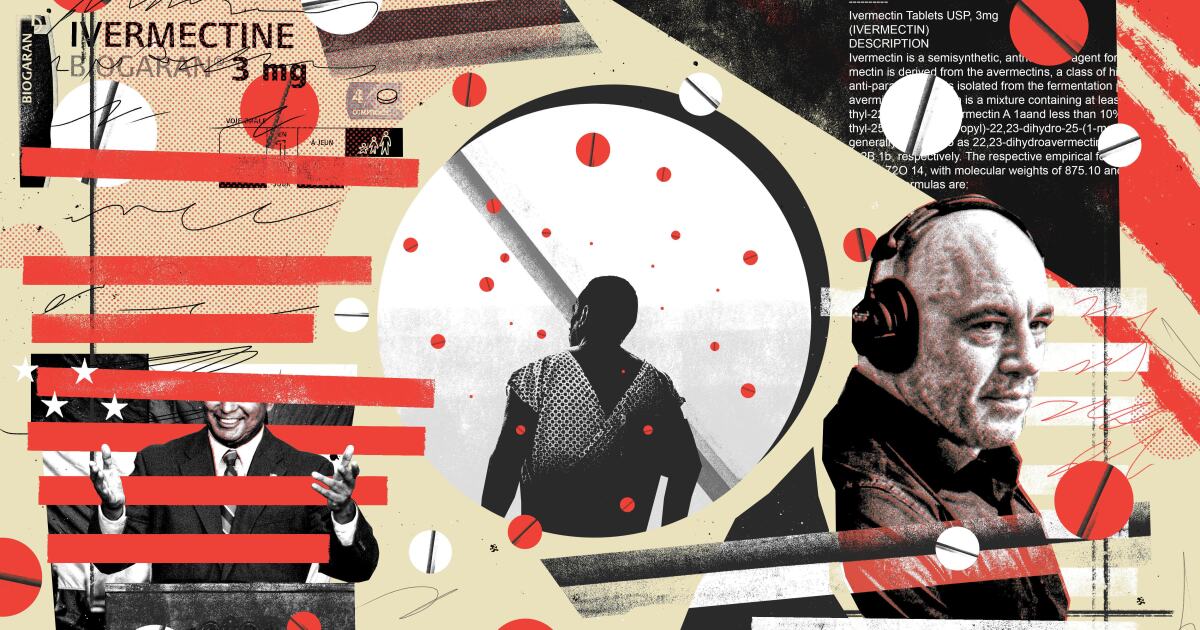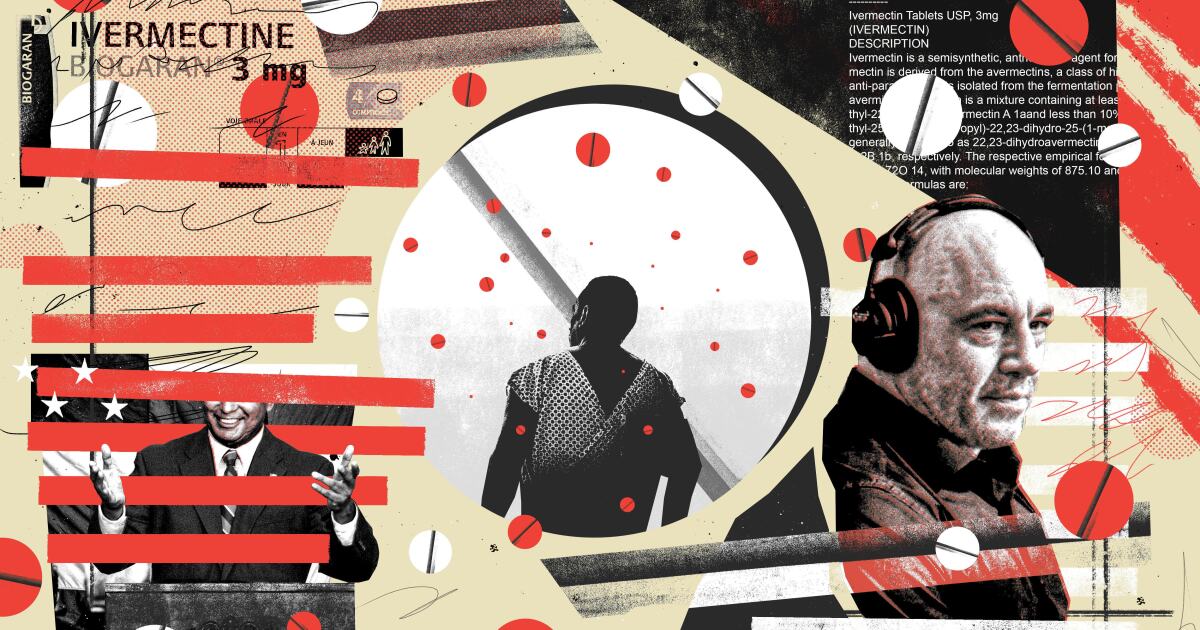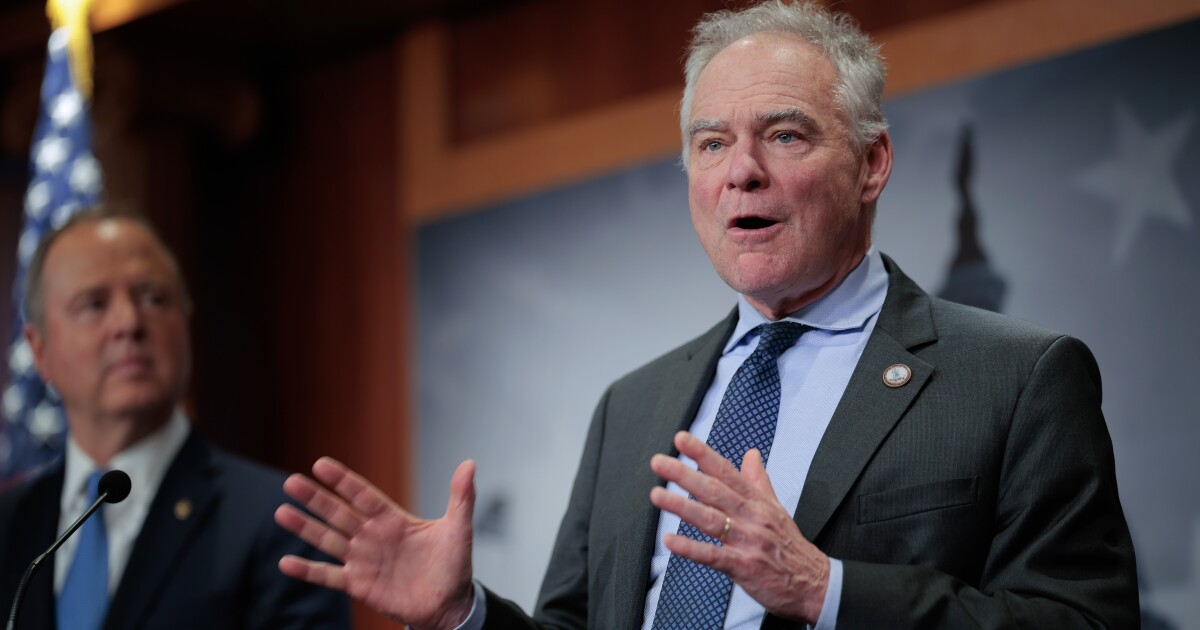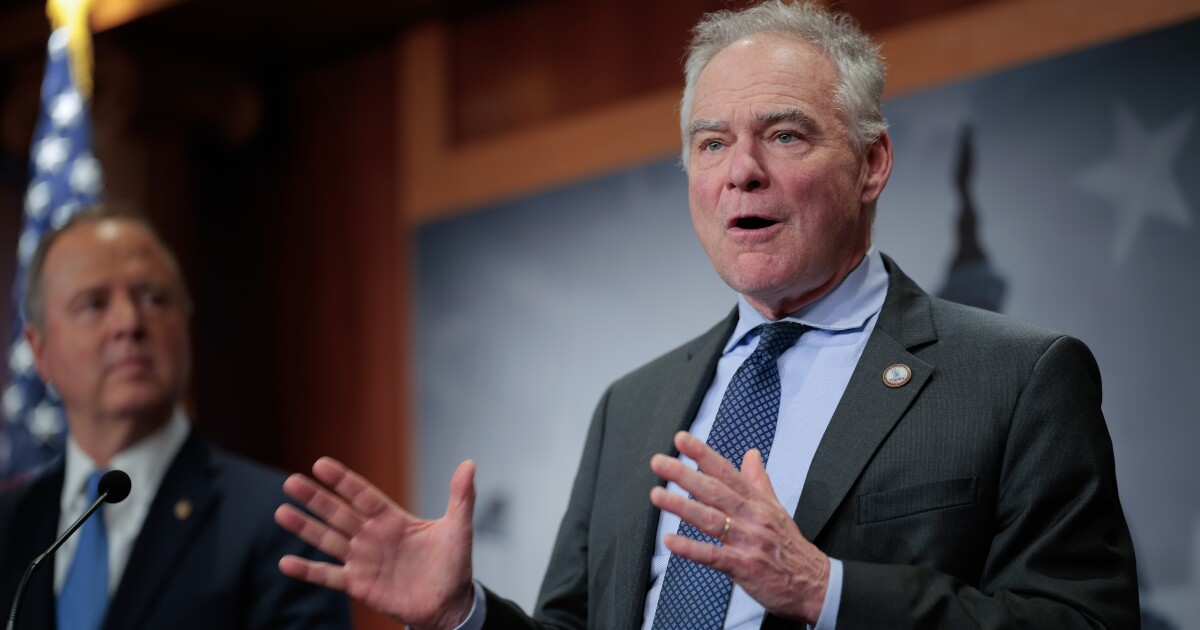Imagine finishing an eight-hour shift and receiving only a pat on the back as compensation. This is a harsh reality for about one million college students, who are often told to be “grateful for the opportunity.” These students work tirelessly alongside their academic commitments without monetary compensation, a practice that needs urgent reform.
Legislation is essential to ensure all internships offer payment, preventing the exploitation of students and recent graduates seeking work experience. The notion of unpaid internships contradicts the basic understanding that labor deserves remuneration. A Wells Fargo study reveals that 71% of American families provide allowances for chores, reinforcing the belief that work warrants payment.
Unpaid internships often correlate with exploitation, particularly affecting marginalized communities. Historically, Black individuals have worked without compensation, a practice rooted in early American slavery. This system perpetuates economic inequality, as noted by the Columbia Spectator, by disadvantaging low-income students who cannot afford unpaid work. These students need money for tuition, groceries, and housing, highlighting the necessity for paid internships.
Despite arguments that experience can substitute for pay, unpaid internships hinder job prospects. According to the National Association of Colleges and Employers (NACE), those with unpaid internships receive fewer job offers and earn $22,500 less in starting salaries than their paid counterparts. Paid positions often involve more mentoring and skill-building, providing students with better preparation for the workforce.
Unpaid interns have long fought for fair compensation. A notable lawsuit against Fox Searchlight over unpaid work on “Black Swan” resulted in a $13,500 settlement, despite the film grossing over $300 million. This case sparked a wave of legal actions, such as a class-action $6.4 million settlement with NBCUniversal.
Shawn VanDerziel, CEO of NACE, emphasizes that paid internships are a “game changer” for both employers and students. The solution is clear: pay students for their work. Students strive for better futures and should not be expected to work for free. It is imperative for the government to prohibit unpaid internships and protect college students from exploitation.
—
Read More Kitchen Table News




